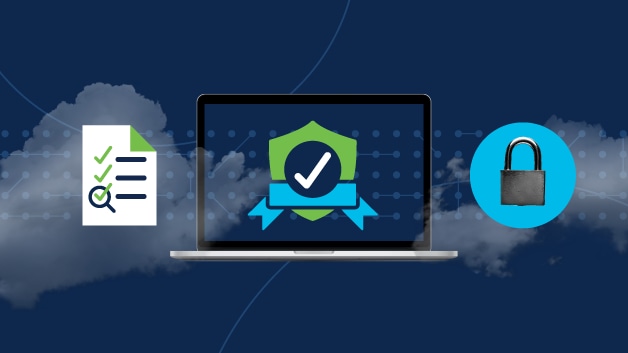The basics of CMMC
Why is CMMC important?
DIB contractors hold and use sensitive government data to develop and deliver goods and services. CMMC helps ensure that they secure this information the same way that military departments and government agencies do.
What's different about CMMC?
The U.S. government provided cybersecurity guidance for contractors for many years, but there was no way for contractors to prove how strong their cyber programs were. CMMC introduces a new set of certifications, conducted by third-party assessors. Contractors must achieve certification before they can win future government contracts.
Does CMMC apply to all government contractors?
As of 2025, CMMC applies only to DoD contractors and subcontractors that handle Federal Contract Information (FCI) or Controlled Unclassified Information (CUI). The DoD is now beginning to require certification with certain contracts. In the future, CMMC could be adopted by other federal agencies, but at this point, no formal rulemaking has extended it beyond the DoD.
What about colleges and universities?
Many higher education institutions are DoD contractors. They perform basic and applied research under contract and are also subject to CMMC. Helen Patton, former CISO at Ohio State, shares how CMMC affects the higher ed community and explains how to get started with CMMC.
